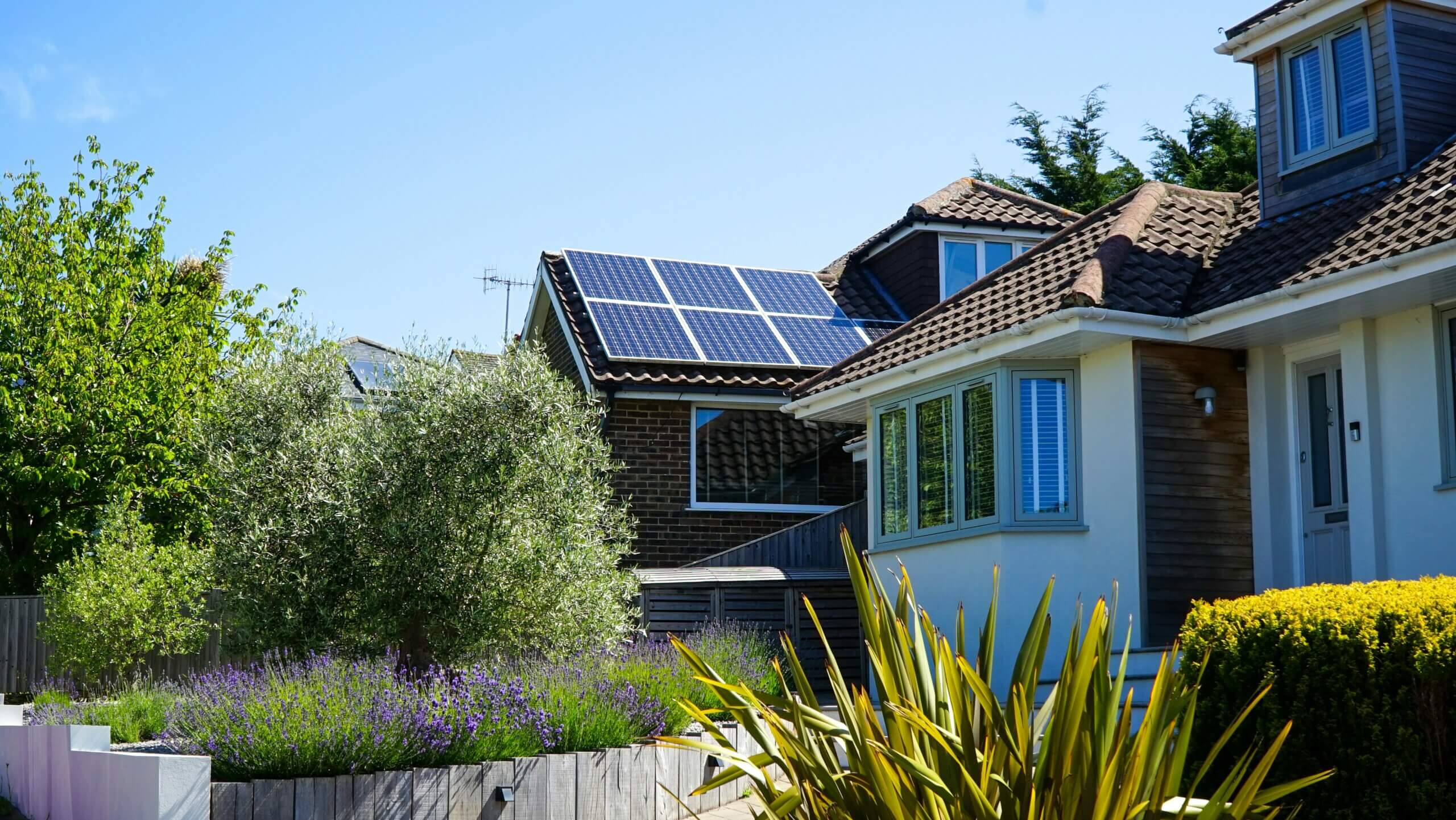REDUCE EMISSIONS, REDUCE WASTE
Composting for any lifestyle or budget
Short on space? Don’t think you can compost meat or cooked food? In this article, our low-carbon living coach, Cherie Pasion, has your composting questions answered.
Food waste is a serious issue in Australia and globally. The United Nations Environment Program’s Food Waste Index Report 2021 suggested that up to 10% of global greenhouse gases come from food that is produced, but not consumed. Locally in Brisbane, food waste makes up more than 26% of the average Brisbane household’s general waste bin.
While the ideal scenario is to prevent food waste, the next best option is to compost. Not only does this stop the food waste from going to landfill, but it also reduces your greenhouse gas emissions and creates rich nutrients that can be returned to the garden.
Did you know there are ways to compost to suit any lifestyle or budget?
As a low-carbon coach, many households have told me they can’t compost because they are renters, live in small spaces or predominantly have meat or leftover cooked food waste.
The great news is that composting solutions exist to suit every dwelling type and lifestyle, plus, you can compost almost all food waste. Let’s explore the options available to you.
Small space and rental properties
If you live in an apartment or townhouse, or a rental property where you’re unable to add a permanent fixture, consider the following compost solutions:
Community compost hubs
Community compost hubs are shared composting facilities that allow Brisbane residents to bring their organic waste to a central location for composting. Brisbane has 28 community compost hubs located around Brisbane. To drop your food waste to a community compost hub, simply register online and collect your free compost caddy from your local Council ward office. Then, after you fill up your caddy with fruit and vegetable scraps, you can visit the community compost hub and empty them in the communal bins. If you have a bokashi bin (see below), you can empty this into the community compost hub bins too.
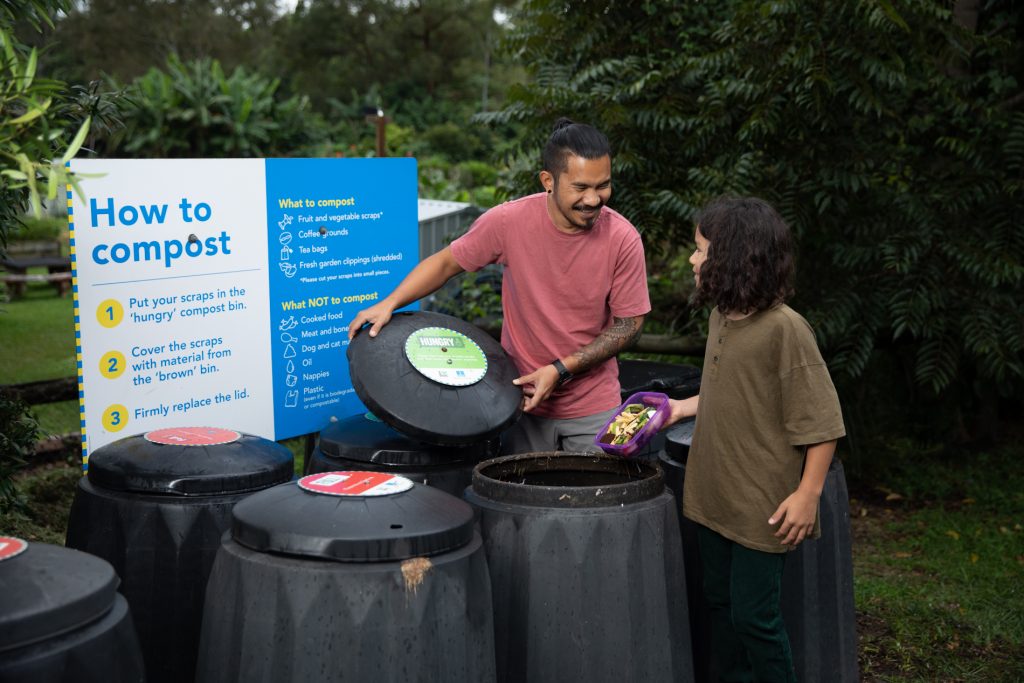
Bokashi bins
Bokashi refers to the Japanese process of fermenting all types of food waste in an air-tight container with the aid of a microbial bran or spray. Fermenting food waste breaks down quickly and efficiently. Bokashi ‘tea’ is produced during the fermentation stage and this can be used diluted as plant fertiliser. Once fully fermented, the bokashi mix can be added to traditional compost bins, community compost hubs or buried in the soil to create rich soil. Due to their fully-enclosed containers, bokashi bins can be used indoors or in small-spaces such as balconies or courtyards.
Eliza Hawken, one of our Brisbane Carbon Challenge champion households, lives in a high-rise apartment and purchased a bokashi bin for her balcony. Through this simple action, she reduced her food waste emissions by 98%.
Worm farms
Worm farms, or vermicomposting, use redworms to break down food waste into nutrient-rich compost. Ideal for small spaces such as balconies and courtyards, worm farms produce a high-quality soil amendment and a liquid fertiliser that can be used in pot plants and garden beds. Worms can digest most fruit and vegetable scraps, however, they don’t favour citrus, chillies, onion and garlic scraps. Those food scraps are better suited for a bokashi or compost bin. Make sure to also include just as much brown matter to your worm farm as food scraps. Brown matter includes unprocessed organic waste that isn’t necessarily food scraps, such as dried leaves, paper towel and cardboard, shredded paper and small amounts of dry grass clippings.
Household spotlight: composting in a small, rented space
Miriam Debono and Nicholas Wee live in a rented townhouse in East Brisbane with a small courtyard. They have created a thriving garden in their apartment complex, nourished by food waste turned compost. The couple have introduced a variety of compost solutions, including a bokashi bin and worm farms, to divert all of their cooked food waste, vegetable and fruit scraps from landfill. They use the compost, worm and bokashi tea in a closed loop to support their flourishing courtyard vegetable garden. In the event they need to leave their rental property, these compost solutions are portable and can be transferred to their next property.
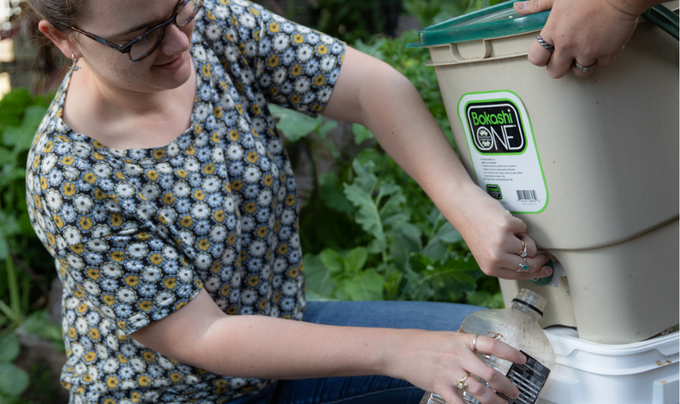
Larger properties with gardens
If you have a house and garden, or larger property, you have some more composting options to consider. Not only can you use all of the small space composting solutions, you can also consider these ones below:
Compost bin
Traditional compost bins are inexpensive, easy to setup and maintain. To compost your food scraps, such as fruit and vegetable scraps, coffee grounds and tea bag/leaves (if they don’t contain microplastics), simply add directly you’re your compost bin. You can also add your fresh garden clippings to the compost bin. Just remember the golden composting rule – always add an equal amount of brown matter (dried leaves, paper towels and cardboard etc) to the bin. If you have a bokashi bin (see composting cooked food waste), you can empty your fermented mix into the compost bin.
Compost tumblers
Compost tumblers are designed to make composting easier and more efficient. They allow for frequent turning, which speeds up the composting process and produces a more consistent product. Used similarly to the compost bins, you need to add an equal mix of green matter (fruit and vegetable scraps, grass and garden clippings) and brown matter (dried leaves, paper towels and cardboard, shredded paper and dry grass clippings). Compost tumblers are ideal for small yards or gardens and produce high-quality compost.
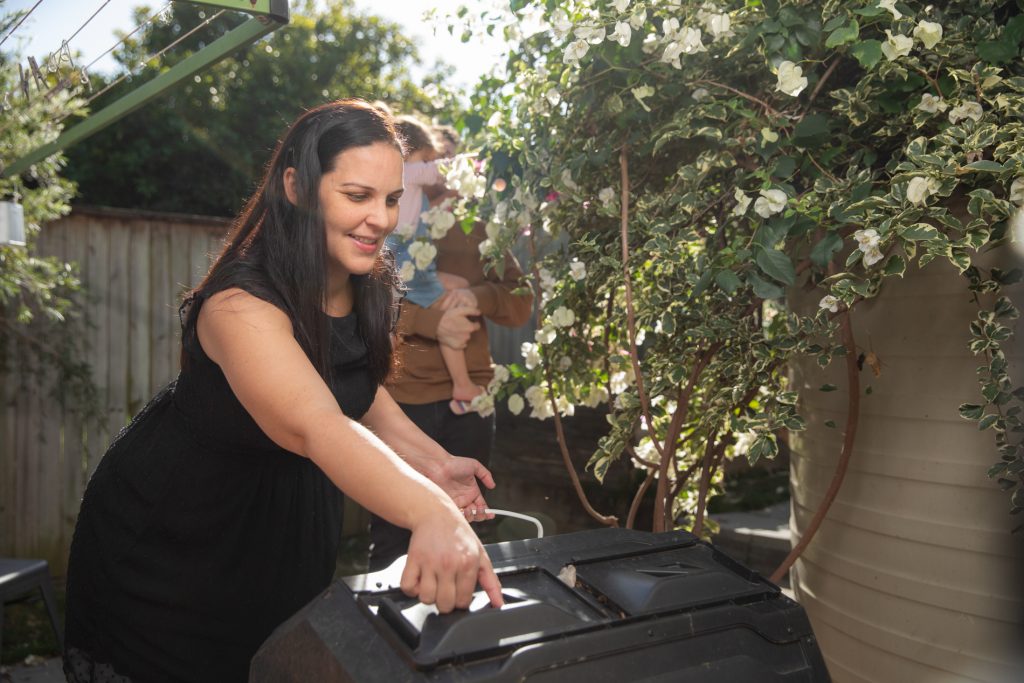
In-ground composters
In-ground composting units are designed to be buried in the ground, allowing for easy composting without taking up space in the yard. There are different types of in-ground composting units, such as solar cones and smaller compot buckets. To use, simply lift the lid and tip your food waste into the unit (they can take any type of food waste). The buried container acts as a digestion chamber, with holes that allow earth worms and soil microbes to enter and process the waste. There are larger in-ground composters on the market, such as the Sub Pod, that is an inbuilt worm farm (using purchased redworms) that is buried into garden beds.
Chickens
An oft-forgotten option for reducing food waste is the use of the humble chicken. For those households with larger backyards who would like to turn their food scraps into a food source (eggs!), chickens are the way to go. There are things to consider when keeping backyard chickens, such as Council regulations, housing and weather protection which you can learn about in our Keeping Backyard Chickens: Get Started guide. Another of our Brisbane Carbon Challenge champion households, the Gittus family, enjoyed reducing their food waste by keeping chickens, with no other composting solutions, and managed to reduce their food waste related emissions by 29%.
Household spotlight: adding your food waste straight to the garden
Vicki Lorimer has a cottage and yard in the inner city. She doesn’t generate enough food waste to justify a large compost bin, but this doesn’t mean her food scraps goes to landfill either.
Vicki trialled a different approach to composting – she added all of her food scraps directly to the ground. This meant her scraps decomposed in place, adding their nutrients to the soil, with the help of earthworms and soil microbes. Vicki used an in-ground composting bucket that had holes in the sides to let the insects and worms get to work, and a lid to keep the pests out. Vicki would simply lift the lid and add scraps, and the soil organisms would take care of the rest.
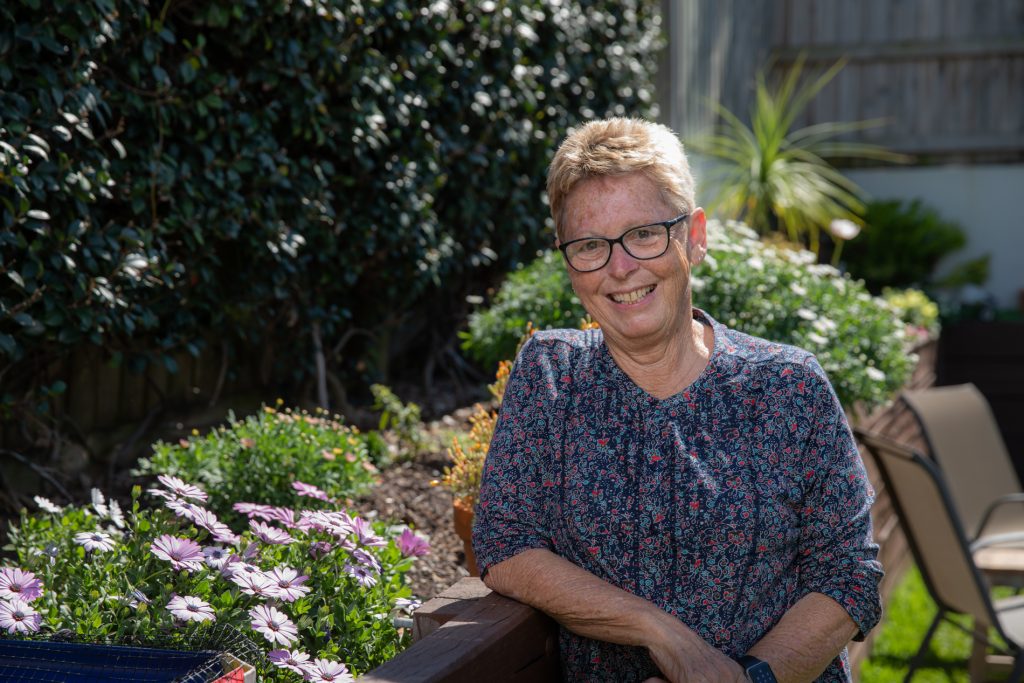
Composting meat, dairy and cooked food waste
When people think about composting, it’s often raw fruit and vegetable scraps that take centre stage. However, the average Brisbane household’s food waste going to landfill contains more than just fruit and vegetable scraps. Often there are leftovers from school lunches, bread crusts, leftovers from dinners, meat and dairy scraps and more. Did you know there are options to compost these too?
The following types of compost solutions are perfect for composting all manner of organic food waste:
- Bokashi bin: as the bokashi system ferments food waste, this is a suitable option to compost all types of food waste including meat, dairy, fruit and vegetable scraps, cooked food scraps, bread, coffee grains and more.
- In-ground composting units: The solar cone, compot and sub pod can all handle a variety of meat, cooked food, dairy, breads and the usual fruit and vegetable scraps.
If you already have a worm farm and/or a compost bin or tumbler, consider adding a bokashi bin or in-ground composting units that can compost your cooked food and meat and dairy waste too. That way, like many of our Brisbane Carbon Challenge champion households, you too can reduce your food waste and emissions to virtually zero.
Household spotlight: becoming a master composter
Heidi Morris, who lives in Brisbane’s west with her two adult daughters, became a passionate waste warrior. Starting with one humble compost bin, Heidi is now a Master Composter. According to Heidi, she now has, ‘two large bath tubs and three standard worm farms all operational, so I contribute zero food waste to landfill now. I also now have four chickens of my own and I am more conscientious about not throwing anything in the regular garbage that can be salvaged and utilised by the worms or the chickens.’
Heidi became so passionate about backyard composting she signed up for Council’s Master Composter Course.
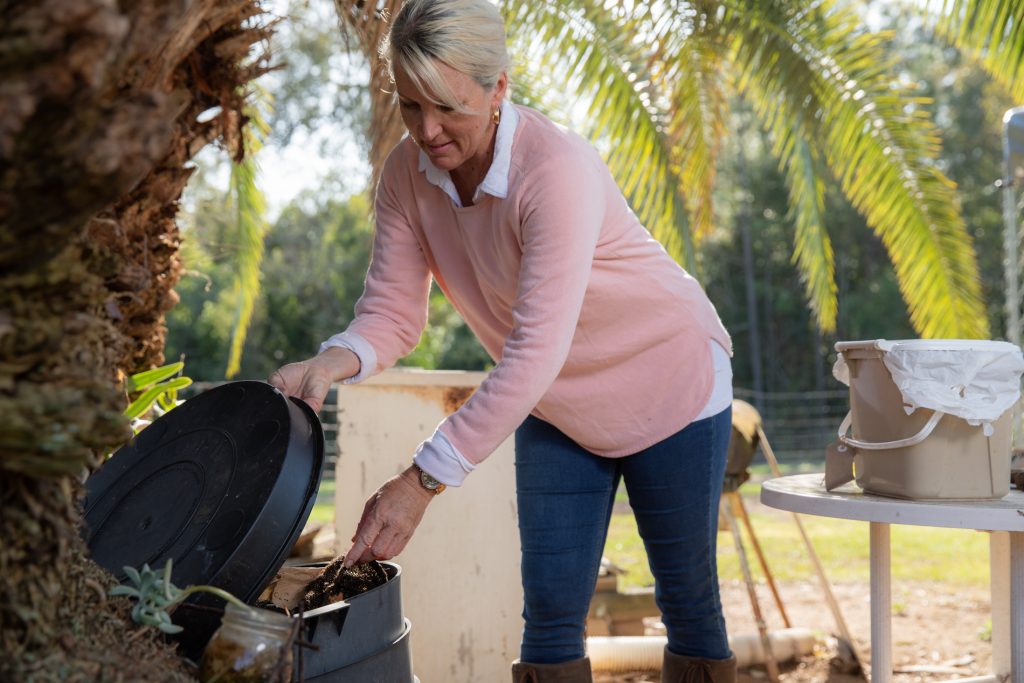
If you are inspired to turn your food waste into rich soil enhancer, you’ll be pleased to know that Council offers a compost rebate of up to $100. Also, if you’re curious to find out your food waste carbon footprint, take the Brisbane Carbon Challenge and see how you can reduce your emissions further by reducing your food waste. Let us know on our Facebook or Instagram what compost solutions might work for your household.
The author

Cherie Pasion
Cherie worked at Brisbane Sustainability Agency, and is a self-confessed energy nerd committed to a slow-living lifestyle.


